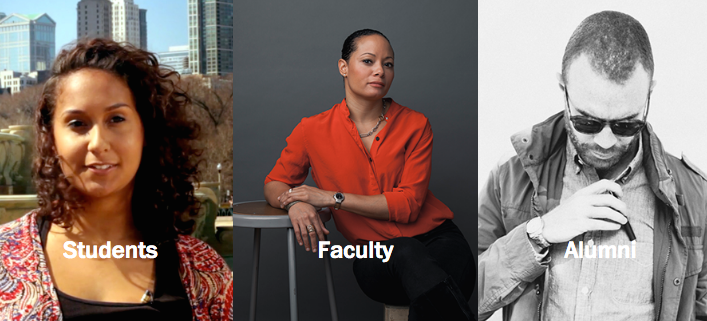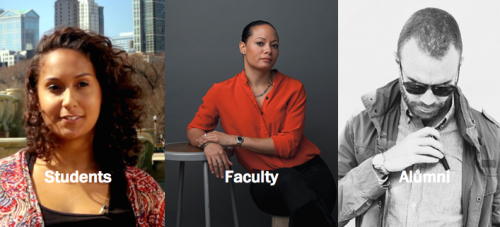
Discovering Your Future Poetry Program

Depending on when you read this, you may have already accepted admission to a program or you could be in the initial stages of applying. Whether you’re packing up your books or gathering portfolio materials together, there’s never a bad time to research the faculty you might be studying with. In the coming weeks, I will be interviewing our graduate poetry faculty for the Marginalia blog to give you a bit of insight into them and into their work, but before we get there, I thought it would be a good idea to talk about why you should try to learn a bit about your professors before committing to a school or enrolling in a particular class.In much the same way that you shouldn’t buy a car without taking it for a test drive and likely wouldn’t buy a book without at least reading the jacket copy or knowing something about the author, you shouldn’t choose a graduate program without knowing at least a thing or two about the people you will be learning from. I would say the same for taking a class or a workshop, though you may find yourself limited on options if your program is particularly small.

The easiest thing you can do for yourself is read the bios of the faculty and staff at the school you’re applying to. Depending on how the program is structured, there may be an adjunct instructor or two who won’t appear on the department web page — and you can’t always trust those pages to be updated with the current titles — but it’s a good starting point. Some colleges will have bio pages for their faculty, but even those can often be pretty sparse. At Columbia, the college has faculty spotlights that offer a more in-depth look at select instructors, but for a profile of the whole department, Google can be your friend. When it comes to poetry in particular, The Poetry Foundation is a valuable resource and will often feature poems from the poets you’re searching for as well as a brief bio and a link to their website.

Internet searching will give you flashes of a professor’s work and allow you to learn a little more about them, but is that enough to decide to study at one program over another? Perhaps for some, but if you still find yourself undecided, the next step should be an obvious one: read their books. I’ll admit that while I didn’t read any of my future professors’ books cover to cover before accepting admission to Columbia, I made it a point to do so well before thinking about my thesis advisor. A skilled writer and teacher will be able to help students grow whether they share an aesthetic, but reading their work can offer points to touch on when discussing your own writing as well as an opportunity to ask more direct questions about process.
Be sure to check back on our blog as the interviews go up so you can learn more about the poets you could work with at Columbia College Chicago.
